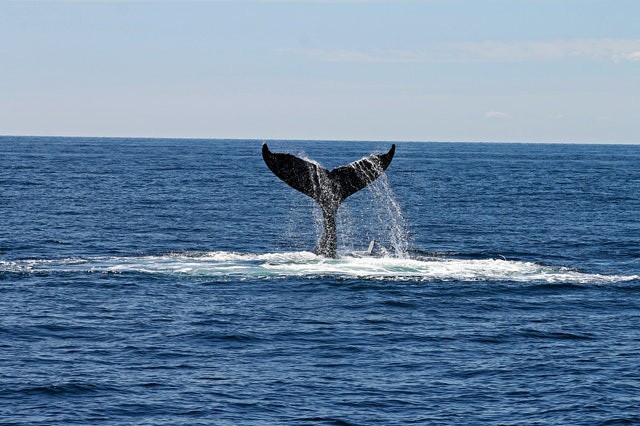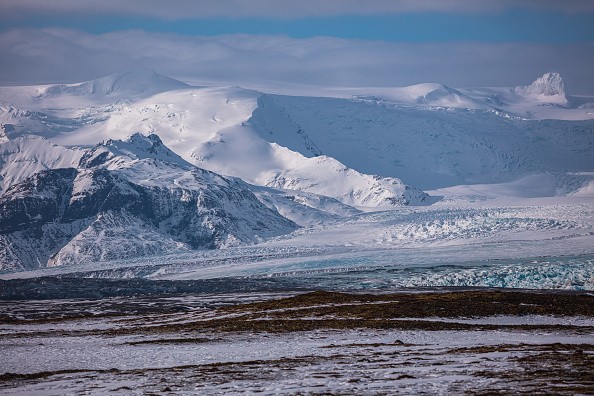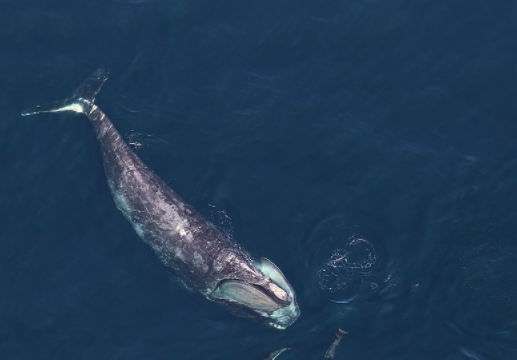Along with Norway and Japan, Iceland is one of the few countries that still kill whales economically, and the fisheries minister has stated that whaling would be phased out by 2024 as demand declines.

Whaling in Iceland

Whaling in Iceland began in the 12th century with spear-drift hunting and persisted in a rudimentary form until the late 19th century when other nations introduced contemporary commercial tactics. Iceland is one of only a few nations that has formally objected[clarification needed] to the International Whaling Commission's ongoing prohibition on whaling and still has a whaling fleet.
In the late 1800s, whalers from the United States, Norway, and other European countries used new tactics and equipment to expand their operations into Icelandic seas.
Conflicted Reactions
The whaling business elicited conflicting reactions from Icelanders. Some others cheered the increased revenue from taxes, fees, and levies. Others said that whaling had destroyed their herring fishing industry. As a result, in 1886, a prohibition on whaling in herring fishing zones and Icelandic territorial seas was enforced from May to October. However, the majority of whaling took place outside of the banned zones and was unaffected by the limited restriction.
Related Article : Culture or Cruelty? People Are Outraged After 1500 Dolphins Were Massacred in Faroe Island
Whaling Today
Svandis Svavarsdóttir, a member of the Left Green party, commented in the Morgunblaðið newspaper, "There are few arguments to approve the whale hunt beyond 2024," when present limits expire.
There are few arguments to authorize the whale hunt beyond 2024, when present limits expire, according to Svandis Svavarsdóttir, a member of the Left Green party, in Morgunblai newspaper.
She said that there is little evidence that this practice has any economic benefit.
For 2019-23, Iceland's yearly quotas allow for the killing of 209 fin whales (the planet's second-largest species after the blue whale) and 217 minke whales (one of the smallest).
However, the two primary license holders have postponed their whale hunts for the previous three years, with one of them putting down its harpoons for good in 2020.
In the last three years, just one whale has been killed, a Minke whale in 2021.
Commercial Whaling

Since Japan's primary market for Icelandic whale meat resorted to commercial whaling in 2019 after withdrawing from the International Whaling Commission (IWC), demand for Icelandic whale meat has dropped considerably.
The hunt had also grown too expensive after a no-fishing coastal zone was increased, causing whalers to venture even farther offshore. Furthermore, the safety regulations for imported meat were stricter than for domestic goods, making Icelandic exports more challenging.
Icelandic whale meat processing factories could not operate normally due to social distancing rules imposed in response to the coronavirus outbreak. In Iceland's last entire season in 2018, 146 fin whales and six Minke whales were killed. Despite an IWC prohibition imposed in 1986, Iceland restarted commercial whaling in 2006.
For more animal, don't forget to follow Nature World News!
© 2025 NatureWorldNews.com All rights reserved. Do not reproduce without permission.





